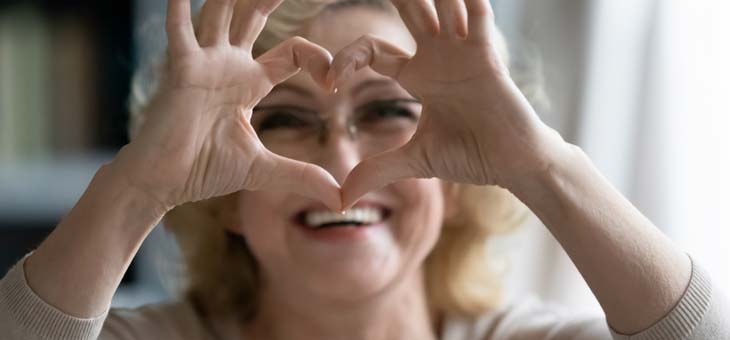Urgent action to tackle heart disease in women

Urgent action is required to improve the prevention, care and treatment of heart, stroke and blood vessel disease in women worldwide, says a new report published in The Lancet on Monday.
The first ever global report on cardiovascular disease in women calls for immediate measures to tackle inequities in the diagnosis, treatment and prevention of heart disease in women globally.
Cardiovascular disease, which includes heart disease and stroke, accounts for 35 per cent of deaths in women worldwide each year. An estimated 2.1 million Australian women have cardiovascular disease, and it accounts for about one in four female deaths.
"We know that more needs to be done to increase awareness of heart disease in and among women. But more work is also needed to address knowledge gaps and the barriers women face in getting access to services that best meet their needs," says Heart Foundation Director of Health Strategy Julie Anne Mitchell.
The report states heart, stroke and blood vessel disease in women is understudied, under-recognised, underdiagnosed and undertreated, with women also under-represented in clinical trials.
The authors outlined 10 recommendations to tackle inequities in the diagnosis, treatment and prevention of heart disease in women.
The recommendations include health professional and patient education, increasing the delivery of heart health programs and prioritising sex-specific research on heart disease in women.
"We back the report’s call for culturally sensitive primary and secondary prevention programs for Indigenous women and women from disadvantaged areas to ensure we can reduce the devastating impact of heart disease," says Ms Mitchell.
"We also support the report’s finding of the barriers that exist to healthcare for women living in disadvantaged, rural and remote areas. As the authors indicate, telehealth is one of the essential tools to address inequity by delivering heart health care to women no matter where they live.
"These measures will help address the challenges we know women face when it comes to their heart health, such as delays in diagnosis and not always receiving the same life-saving treatments as men."
Are you surprised that women are less likely to receive the same heart treatment as men?




I have always had high cholesterol. Recently my doctor wanted me to reduce it. I kept a 2 week record of my diet and consulted a dietician with the blood results . I hadn't realized that coconut milk & coconut cream were a problem, so I ceased using them. After 3 months I had only reduced my 'bad' cholesterol by 0.2 and had nearly a vegetable only diet. I once had tablets which caused forgetfulness and confusion, so I will not take tablets. If you naturally have high cholesterol, what else can you do to reduce the 'bad' cholesterol that doesn't mess with your brain?